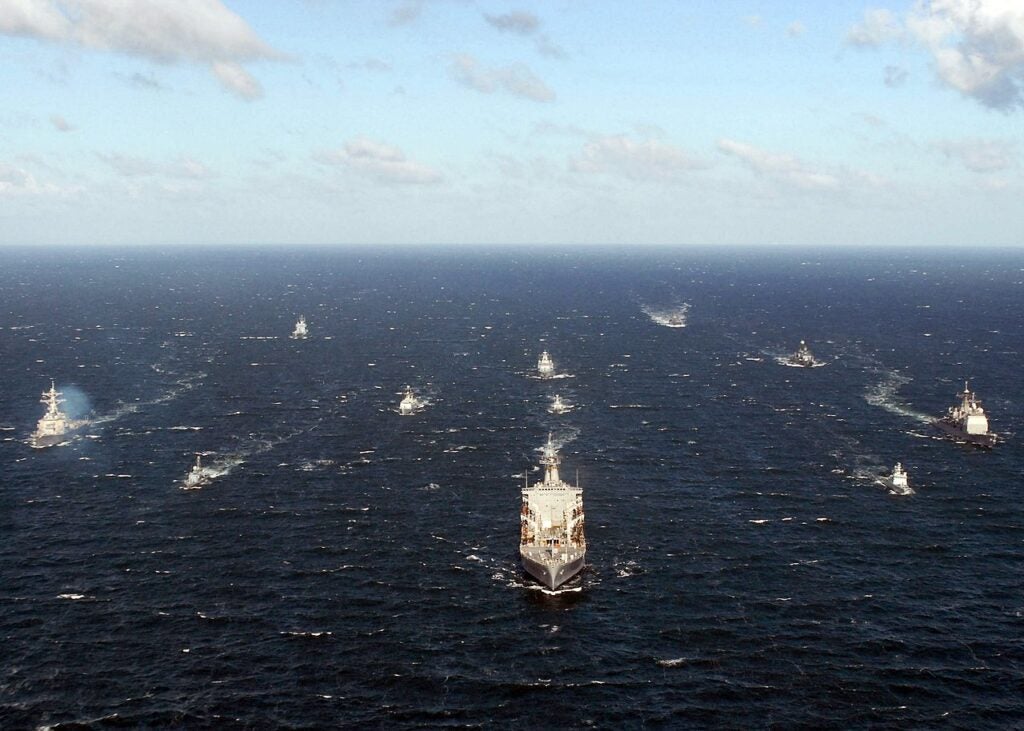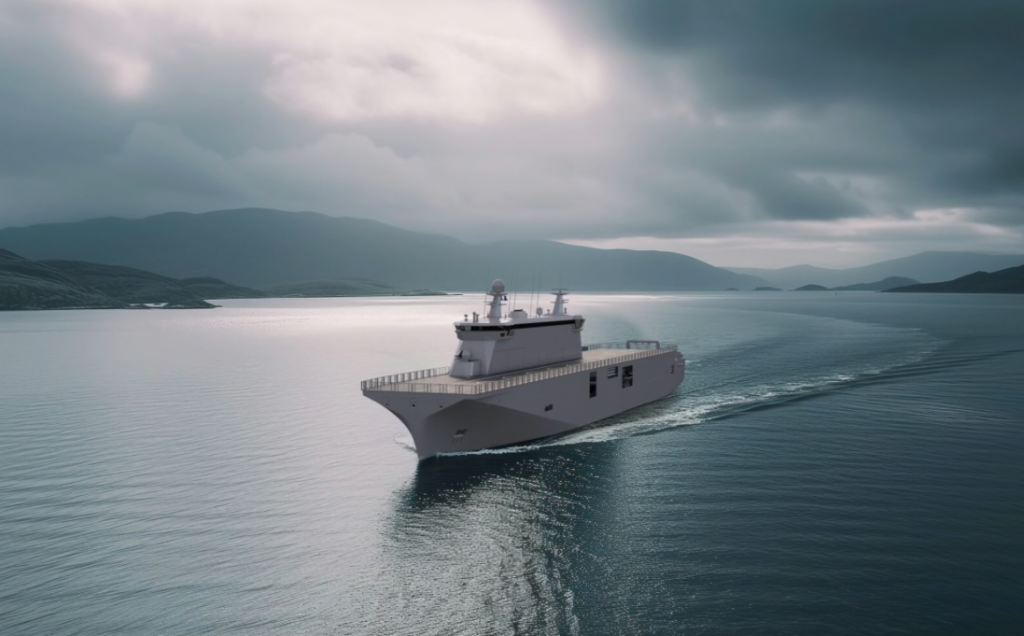The UK’s Defence Science and Technology Laboratory (Dstl) has contributed £2m to the Technology Strategy Board for its second collaborative research and development (CR&D) competition on vessel efficiency.
Dstl’s contribution to ‘Vessel Efficiency II: Better Systems at Sea’ has increased the total budget available for the competition to £5m, which aims to fund innovative ideas that help cut emissions and increase the performance of marine vessels.
Built on the success of the first version of the competition, the new round intends to encourage the exchange innovation between civil and defence applications by developing novel projects.
How well do you really know your competitors?
Access the most comprehensive Company Profiles on the market, powered by GlobalData. Save hours of research. Gain competitive edge.

Thank you!
Your download email will arrive shortly
Not ready to buy yet? Download a free sample
We are confident about the unique quality of our Company Profiles. However, we want you to make the most beneficial decision for your business, so we offer a free sample that you can download by submitting the below form
By GlobalDataDstl maritime expert Dr Philip said: "I was very impressed by the number of high quality proposals received under the first vessel efficiency competition, which illustrated that solutions to increase vessel efficiency are as applicable to both civil and naval ships."
All the projects falling under voyage performance management and vessel system technologies across the UK marine industry would receive the funding as part of the overall competition.
See Also:
Emissions reduction systems and management, innovative energy production, management and storage, reduction of onboard power demand, fuel consumption monitoring and optimisation, and minimal loss propulsion systems are among the key focus areas of the funding for vessel system technologies.
Technology Strategy Board chief executive, Iain Gray, said there is a breadth of expertise in the UK’s marine industry and it is important to build on this strong position and fully embrace opportunities worldwide in this sector.
"The funding from Dstl will provide additional support for UK businesses to work together on innovative ideas and rise to the challenge of improving vessel efficiency," Gray said.








